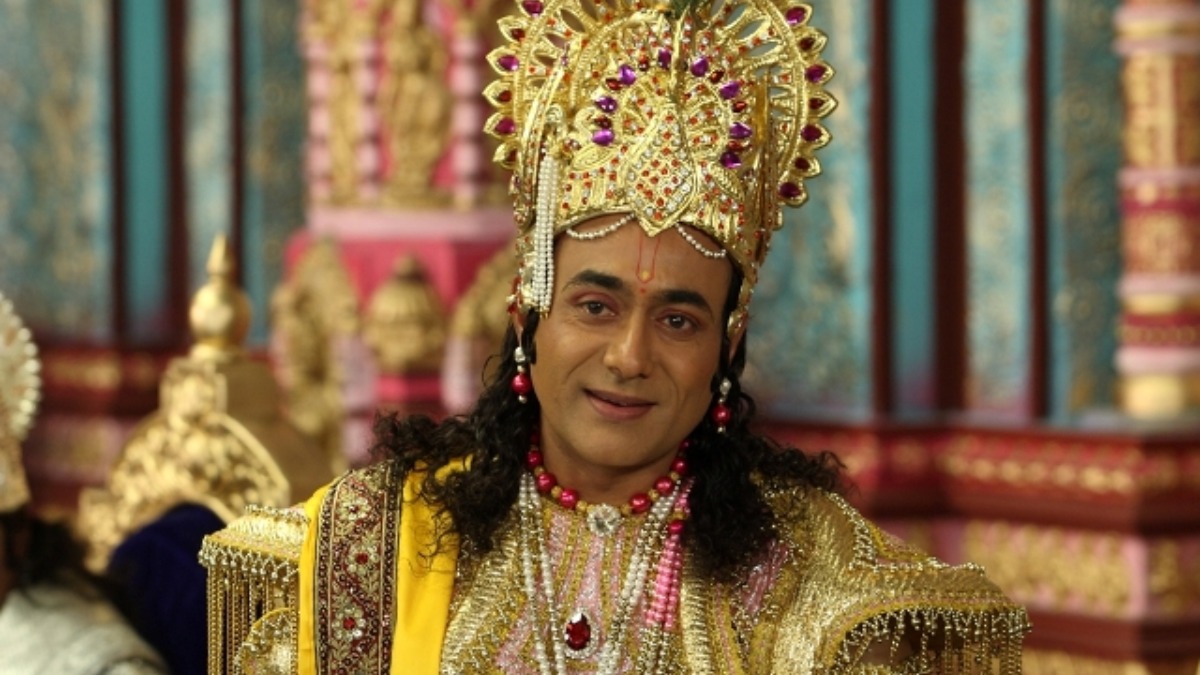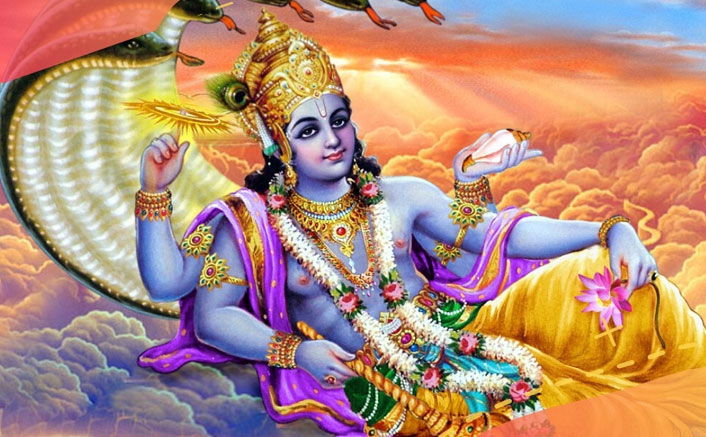

He was so blinded by his love for Duryodhana that he turned deaf ears to Bhishma, Vidur, Kripacharya, Dronacharya, Vyasa and even Shri Krishna's advice.

He made several attempts to eliminate them from his path, but destiny had other plans.īy maintaining stoic silence, Dhritarashtra encouraged his son to cross all limits of Adharma. Sadly, since childhood, Duryodhana believed that he is the rightful successor and eventually nurtured hatred for the Pandavas. But by then, he had poisoned his son, Duryodhana's mind by stating that he alone shall inherit the throne, and there's none in the race. However, years later, he realised that he will have to do away with it because of the arrival of Yudhishthira, the eldest son of Pandu. And after Pandu's death, Dhritarashtra occupied the throne as his representative. Since his youth, Dhritarashtra envied his younger brother Pandu, who inherited the throne as the latter proved worthy of it. Now, let us shift our focus to Dhritarashtra, the visually-impaired king of Hastinapur, who was blinded by his love for his son, Duryodhana. Law and order were maintained, and hence, people felt blissful under his leadership. Every home had enough wealth, food and gold. Even after getting separated from Sita, Raja Rama continued to do his duties and ensured no person in his kingdom was unhappy. Moreover, she knew that sooner or later, the people of Ayodhya, who questioned her purity, would regret and live a guilt-ridden life. It was Sita who wanted to take pride in being the wife of a man who would uphold the legacy left behind by his ancestors. According to Uttar Kanda, Rama wanted to sacrifice his throne and leave Ayodhya with Sita, but it was his wife who didn't want him to shy away from the responsibilities of a King. On the one side, there was Raj Dharma (the duty of the king, on whom millions of life depended), and on the other, there was Sita, his beloved. He was compelled by circumstances to get separated from his wife, Sita, who was pregnant. However, one day, he had to pay the huge price of being a King. People were content and proud to have a King like Rama. On the day of his coronation ceremony, he vowed that he would devote his life to the people of his nation, and do nothing that shall offend them. The reason why Ram Rajya (governance by Rama) is hailed by millions even today is that the King chose the people of his kingdom over his personal life. Let us begin with Raja Rama (Rama, the King). In this web-post, we shall tell you how these epics describe the importance of an ideal leader for making a nation great. Interestingly, the message delivered in these sacred books are not bound by time, and therefore, they are eternal.Įven today, some people read the Ram Katha (Ramayan) and the Bhagavad Gita (a part of the Mahabharata) to find solutions to their day-to-day problems, because everyone can relate to it, irrespective of caste, creed, religion and geographical boundaries. Ramayana and Mahabharata might have taken place in the Treta Yuga and Dwapar Yuga respectively, but the lessons that these epics impart are relevant even in Kali Yuga. Stills from Ramanand Sagar's Ramayan and BR Chopra's Mahabharat


 0 kommentar(er)
0 kommentar(er)
